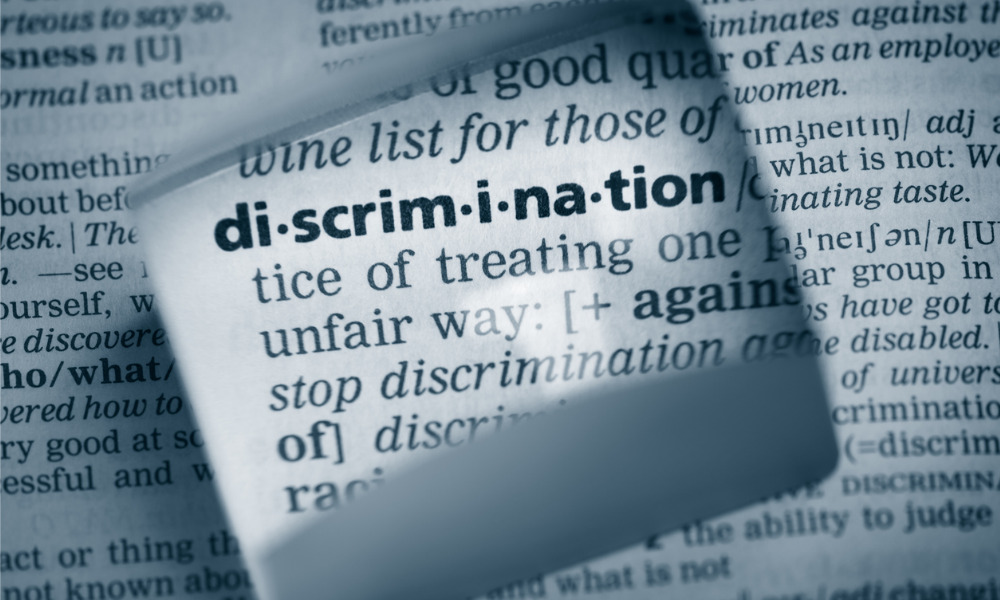
FEHA prohibits employers from racial profiling

The California Fair Employment and Housing Act (FEHA) prohibits an employer from discriminating against a person based on race in connection with compensation, terms, conditions, or privileges of employment.
In the case of Arega v. Bay Area Rapid Transit District, the plaintiffs worked as cash handlers for the Bay Area Rapid Transit District (BART). They applied to the cash handler foreworker position but did not receive promotions.
The plaintiffs filed a lawsuit against BART under the FEHA. They alleged that BART promoted less qualified individuals over them and discriminated against them based on race (African American).
Read more: Black employees sue Tesla for racial harassment
The trial court entered summary judgment in BART’s favor. The plaintiffs appealed. They argued that they presented sufficient evidence to create triable issues of material fact.
The California Court of Appeal for the First District affirmed the trial court’s judgment.
Discriminatory intent is a necessary element of a FEHA claim for racial discrimination. The FEHA bans employers from two types of discrimination. First, there is disparate treatment discrimination, which consists of an intentionally discriminatory act because of an employee’s protected class. Second, there is disparate impact discrimination, which arises when a practice or policy that is neutral on its face has a disproportionate effect on employees in a protected class.
The appellate court ruled that the plaintiffs failed to meet their burden of producing direct evidence to establish the existence of a triable issue of material fact regarding whether BART discriminated against them based on race in violation of the FEHA.
The plaintiffs alleged that there was direct evidence of discriminatory intent consisting of the chief steward’s declaration, which stated that race was considered in promotions, that the interview panel knew whom the managers picked beforehand, and that the applicants’ interviews were for formality’s sake.
The appellate court refused to consider this declaration since the plaintiffs failed to include it in the evidentiary record and failed to provide adequate citations. Further, the court found that the declaration lacked sufficient foundation or personal knowledge and was based on speculation.
Read more: Applebee’s franchisee grilled with sexual orientation, race discrimination lawsuit
Next, the appellate court held that the plaintiffs did not produce circumstantial evidence to establish a triable issue of material fact on their disparate treatment claim. The plaintiffs failed to offer substantial evidence that BART’s stated legitimate and nondiscriminatory reasons for promoting others over the plaintiffs were untrue or pretextual, the appellate court said.
Lastly, relating to the plaintiffs’ disparate impact claim, the appellate court concluded that they failed to produce circumstantial evidence to prove the existence of a triable issue of material fact as to whether BART discriminated against them based on race.